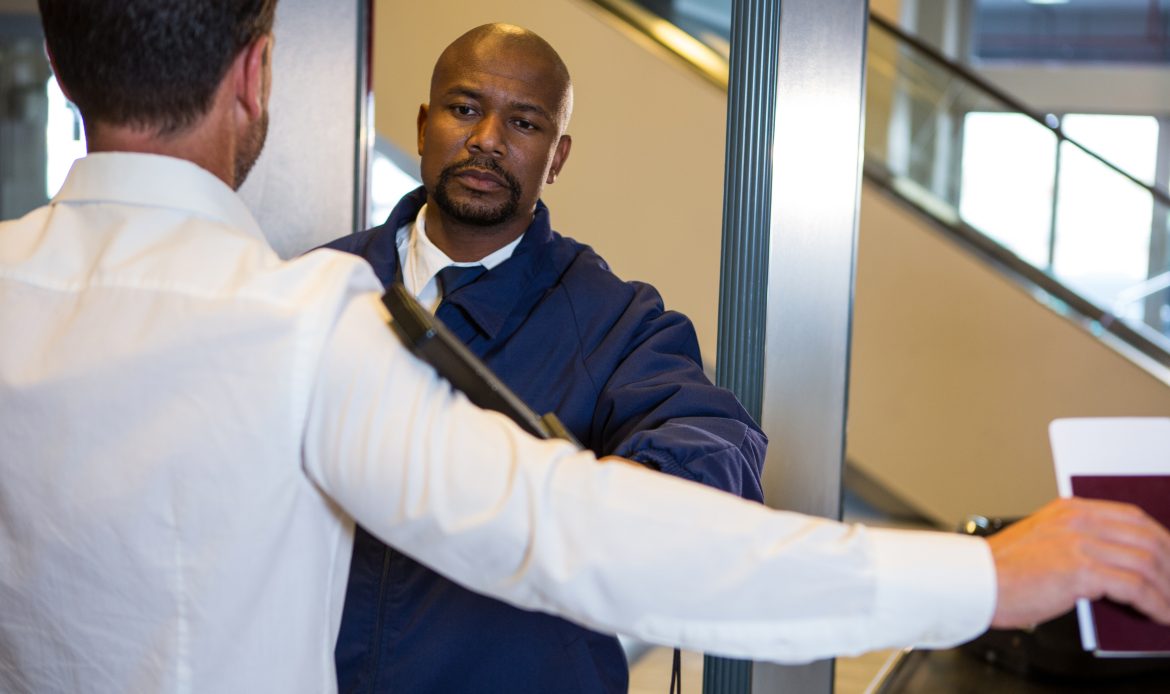As a traveler entering or leaving the USA, U.S. immigration officers have the authority to search your belongings, including electronic devices such as cellphones, laptops, tablets, and other gadgets. These devices are scrutinized just like any other luggage at any point of entry or exit.
Digital searches can be particularly unsettling because of the personal information stored on our devices. Once an immigration officer has your phone, they can access SMS messages, WhatsApp messages, voicemails, social media apps, photos, and other content stored on the phone.
Searches Apply to Both Citizens and Non-Citizens
It doesn’t matter if you are a U.S. citizen or non-citizen; you can be asked to provide passwords to your electronic devices at the border.
If a U.S. citizen or permanent resident refuses to comply with the search, they may not be denied entry, but officials can confiscate the phone, back up its data, and delay entry by questioning or detaining the person.
Non-citizens will likely be denied entry to the U.S. if they refuse to provide access to their phone or any other device.
Tips to Protect Your Digital Privacy
Since it is almost impossible to travel without your phone, here are three ways to protect your personal information from being accessed without refusing the immigration officer:
- Disable Biometric Access: Turn off Touch ID and facial recognition features, and use a 4-6 digit PIN instead.
- Remove Personal Information: Upload private or confidential data to a cloud service like Google Drive or iCloud.
- Log Out and Delete Social Media Apps: Log out of all social media apps and delete them from your phone. You can reinstall them later after you have gained entry into the country.
In Conclusion, If you have nothing incriminating on your device, there may be no need to refuse the agent access to it.


